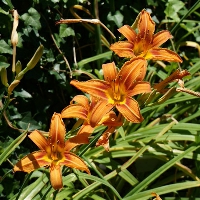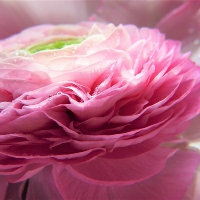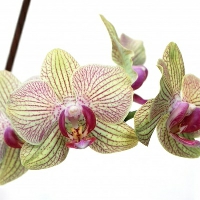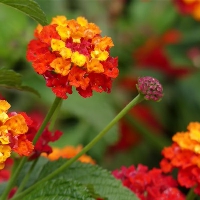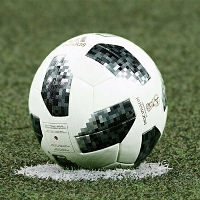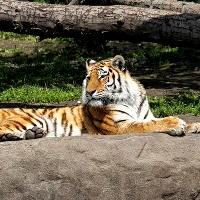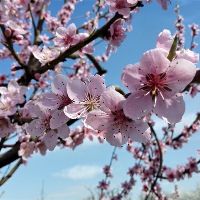The content of the assessment of TCM teachers' graduation should include professional ethics and professional level, focusing on the basic knowledge and skills of traditional medicine, academic experience, and inheritance of technical expertise; The methods include comprehensive written examination and clinical practice skill assessment.
Assessment methods and contents of traditional Chinese medicine teachers
The form and content of learning from teachers shall be formulated by the provincial administrative department of traditional Chinese medicine.
The content of graduation assessment should include professional ethics and professional level, with emphasis on the basic knowledge and skills of traditional medicine, academic experience and inheritance of technical expertise; The methods include comprehensive written examination and clinical practice skill assessment.
The specific assessment contents, standards and methods shall be formulated by the State Administration of Traditional Chinese Medicine.
Graduation assessment shall be conducted once a year, and the specific time shall be determined by the provincial TCM management department. The assessment shall be announced within the jurisdiction three months before the start of the assessment.
Those who pass the assessment of graduation will be awarded the Certificate of Graduation of Traditional Medicine Teachers in the unified format by the State Administration of Traditional Chinese Medicine by the provincial administrative department of traditional Chinese medicine
What are the conditions for applying for admission as a teacher of traditional Chinese medicine
Conditions for applying for the examination of traditional Chinese medicine teachers: the examination of graduation shall be organized and implemented by the provincial administrative department of traditional Chinese medicine; Teachers should have a high school education or above or have the same educational level, and have studied with teachers for three consecutive years.
Those who apply for graduation assessment shall submit the following materials:
(1) Application Form for Assessment of Traditional Medicine Graduation;
(2) Personal identity certificate;
(3) Two two inch bareheaded front half length photos;
(4) Education background or academic qualification certificate;
(5) Instructor's medical qualification certificate, medical practice certificate, professional and technical post qualification certificate, or approval of their
A certificate issued by the health administrative department and the administrative department of traditional Chinese medicine of the industry that has been engaged in clinical work of traditional Chinese medicine and ethnic medicine for more than 15 years;
(6) The notarized contract of teacher successor relationship;
(7) Other materials required to be provided by the TCM administrative department at or above the provincial level.
